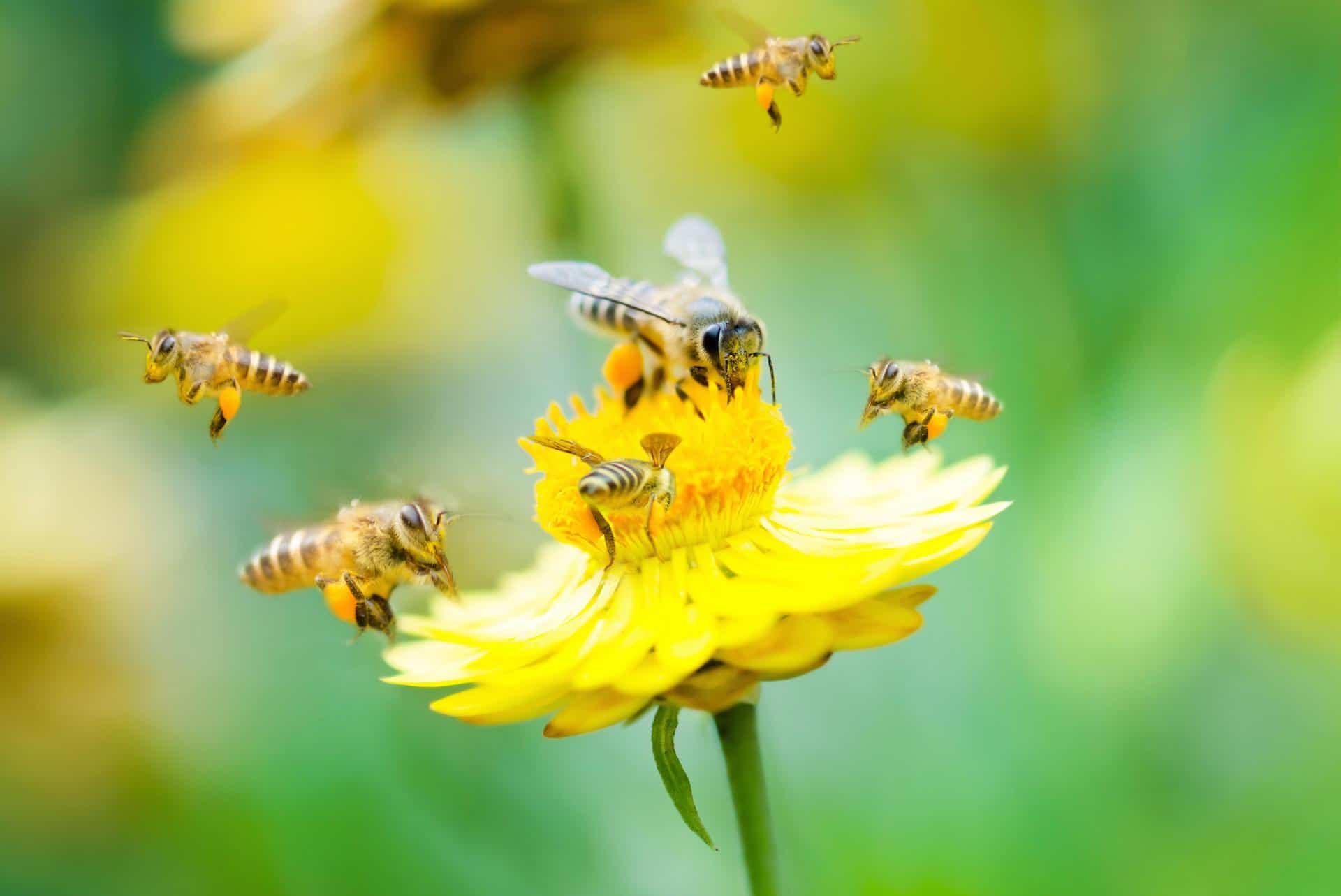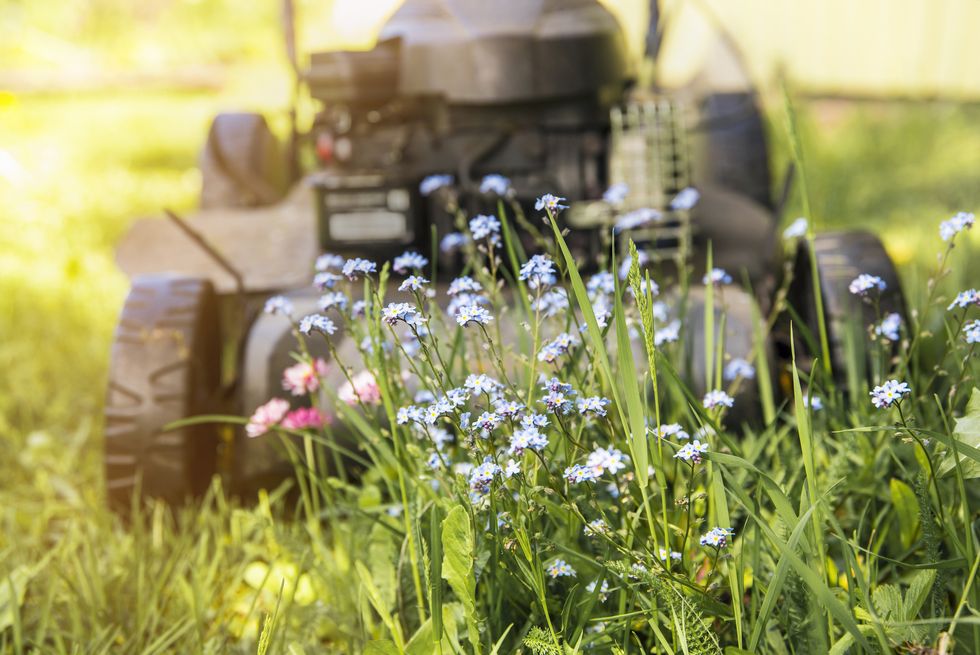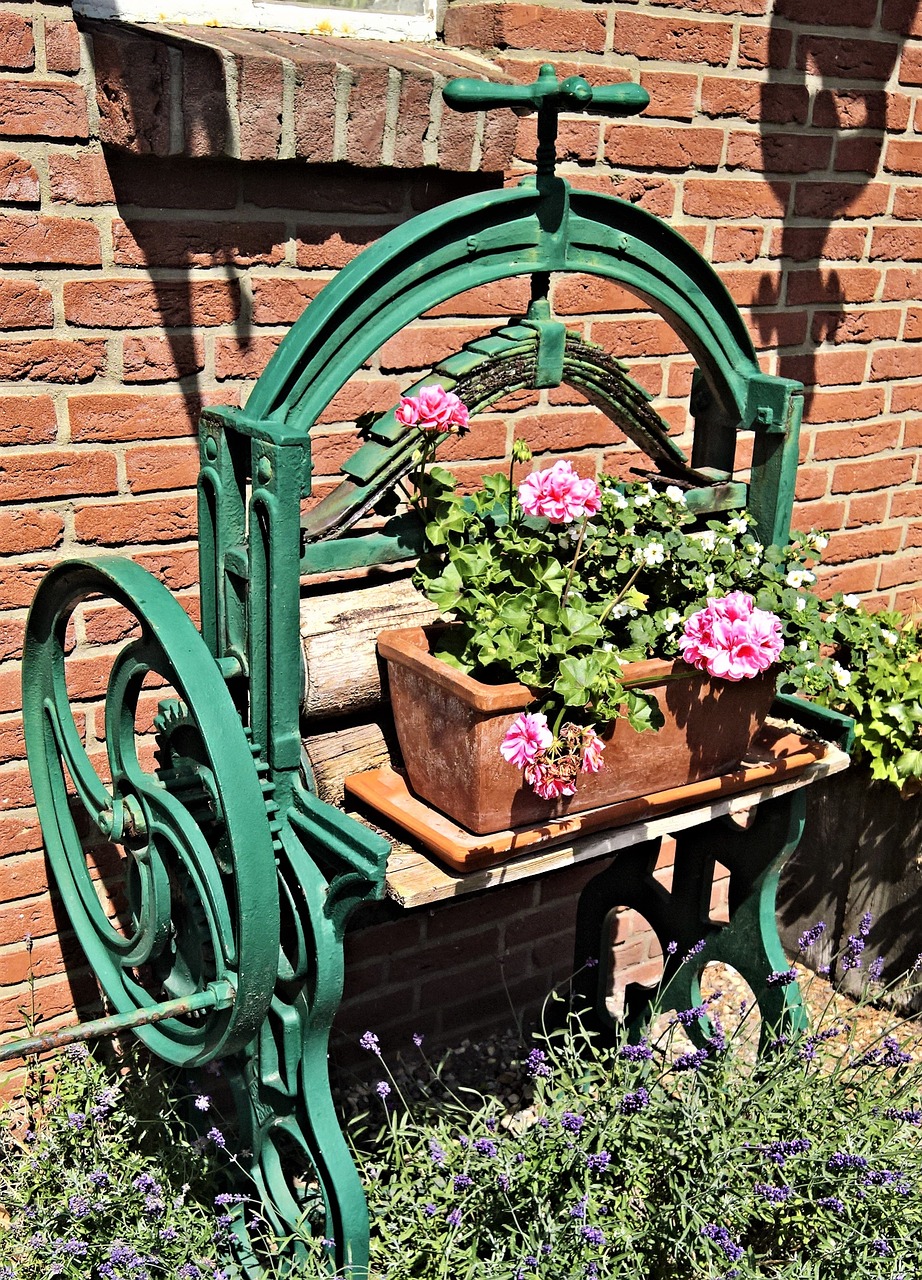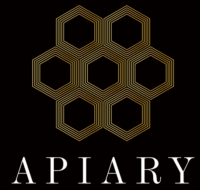The importance of flowers
Why are flowers important for bees?
This is a beautiful example of a symbiotic relationship: where both parties benefit from the other. The flower provides the bees with all the nectar and pollen they need to feed their colony. The nectar provides the bees with a valuable source of carbohydrates (sugar), whereas the pollen is rich in protein. In the case of honey bees, the nectar is taken back to the hive/colony and over the course of spring-summer, the nectar will be turned into delicious honey, to be stored for the cold winter months ahead.
In return the bees provide a pollination service for the plants. Bees are incredibly clever, in that they will only visit one type of flower per flight. So if the first flower is a nice yellow dandelion, then all following flowers will bee dandelions until the bee returns to the colony and deposits her load. As such, when the bees is passing from one plant to the next, the pollen carried with it will help pollinate the plant, without which, the plant would not be able to produce seeds.


Are there not enough flowers?
The short answer is no.
Since the advancement of agriculture in the 1930s, when fields of flowers were converted to high intensity farming, there has been a 97% decline in wildflower meadows in the UK. Combined with the ever-expanding nature of our towns & cities, as well as the use of chemicals and pesticides (neonicotinoids) that are harmful to pollinators, the damage being done to our bees & butterflies is huge.
But what's the impact?
The topic has attracted widespread public attention, as bees and other insect pollinators are essential for our ecosystems and biodiversity. Fewer pollinators mean many plant species could decline or even disappear along with the organisms that directly or indirectly depend on them. In addition, the decline in numbers and diversity of pollinator populations affects food security with potential losses in agricultural yields.
What can we do?
It is important to take lessons from our honey bees when thinking about this problem.
Can one person reverse the 97% reduction in wildflower meadows in the UK since 1930s? Possibly not (although never say never!).
Can we learn from our bees, and work individually, but for the collective good of the colony? Absolutely!
Many small improvements will help contribute to the bigger picture. Here we have listed some of the ways you, your family your neighbours & your school/workplace can help:
- Fill your garden (if you have one) with plants for pollinators. If you do not have a garden, why not start a window box, or put a pot by your front door with some bee-friendly lavender?
- Allow lawn "weeds" to grow by cutting the grass less frequently. Consider participating in events such as "No Mow May".
- Provide water for pollinators, particularly during prolonged, dry spells.
- Provide nest sites for pollinators. Consider Bee Hotels or Bee Bricks, or carefully build your own bee hotel See instructions here
- Use Bee Bombs as a quick and efficient way to get pollinator friendly flowers in your garden or outdoor space.


